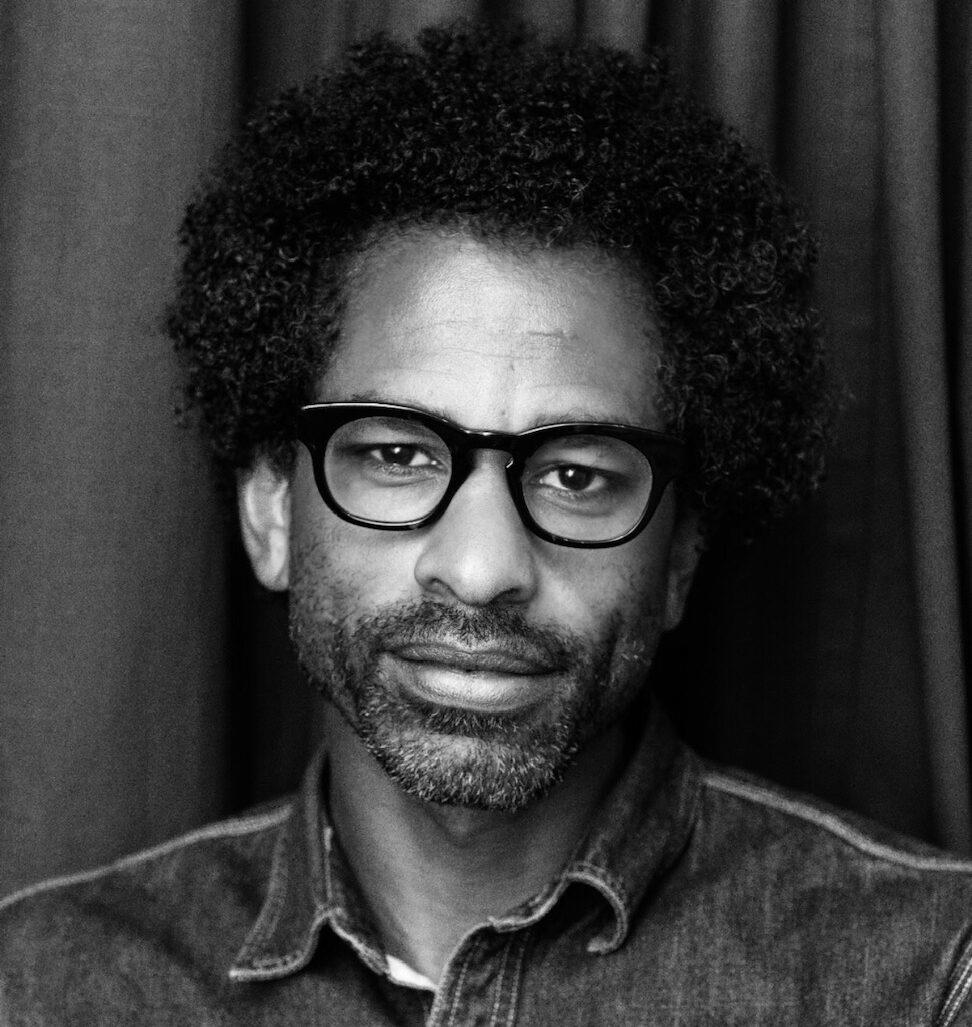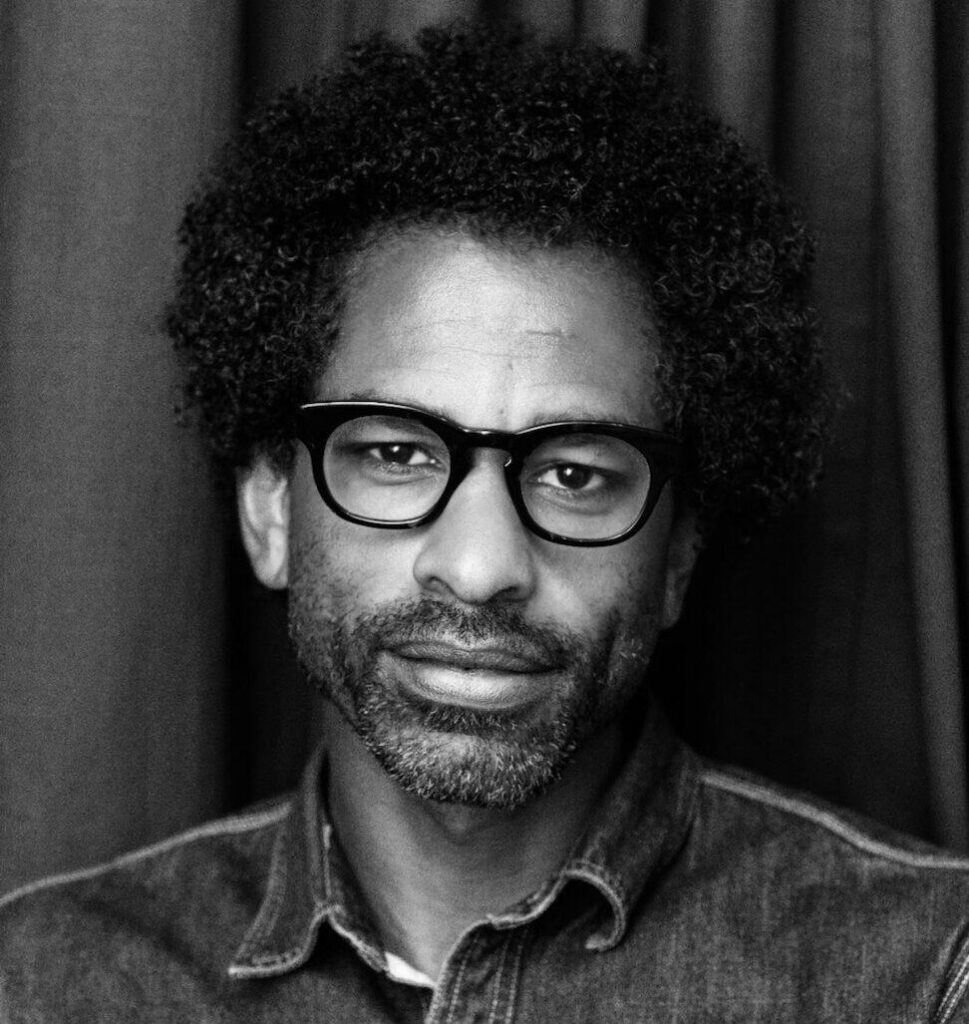OPINION: LeBron James is a mental giant, as proven by his game-saving performance as Team USA battled South Sudan.
Editor’s note: The following article is an op-ed, and the views expressed are the author’s own. Read more opinions on theGrio.
My heart was in my throat. My palms were sweaty. I was losing my mind. USA Basketball, the juggernaut featuring LeBron James, Steph Curry, Kevin Durant … maybe the best basketball roster ever created — was losing, with eight seconds left. Losing by one point to a team from South Sudan.
Basketball was created in America. We have more elite athletes than any place in the world. We should not lose at all, but certainly not to a team from South Sudan. On paper, we’re way better than them. If LeBron and them lost to South Sudan in a pre-Olympics showcase, it would be a global embarrassment. What would people say?
Of course, they gave the ball to LeBron on the perimeter. He made a move, got by his defender, slashed to the hoop, and made a relatively easy layup, putting his team, our team, up by one. After a defensive stop, the game ended. Team USA won.
And as an athlete, I found that whole sequence incredibly educational.
I play tennis all the time and compete in tournaments and leagues. But if you love playing basketball or running or any sport where you compete and take it seriously, you know you’re always looking for ways to understand the athletic mind so you can be a little sharper when you compete. For me, it can be hard to play against people I think are not as good as me. People who I think I should beat, because once you see yourself as the favorite, once you say, “I should win because I’m better,” you relax a little. That thought signals to the body, “I don’t need to be my best to win today.”
I bet a lot of the guys on USA Basketball felt in their spirit that there was no way South Sudan could ever beat them. That mindset is poison. You have to take every opponent seriously, even if you have to lie to yourself about how good they are. That’s often easier said than done.
Recommended Stories
But in thinking that thought — “I should win this because I’m better than my opponent” — you might put yourself in psychic jeopardy. So, if they win, were you wrong? Are they actually better? Do you have to redefine what you think of them — and of yourself? If you’re struggling with those thoughts deep in your mind as you battle an opponent, they can get very loud and distracting because you’re playing to define who’s better. It can make the contest into a challenge to your ego, which can make tense moments really difficult. The goal is to think in ways that take the pressure off.
I think many players in LeBron’s situation — dribbling while just eight seconds away from a mortifying loss — would be nervous. Professionals get nervous, for sure. But I bet LeBron wasn’t nervous because he’s done the mental work to make his mind help him succeed. He’s thinking positively and he’s staying in the moment. He’s not embarrassed to be almost losing. He’s grateful for the challenge. Immediately after the game, he said he preferred a close contest: “To be honest, I like those ones better than the blowouts. At least we get tested. I like being tested, baby.”
Instead of dismissing his opponents, or being afraid of the challenge, he welcomed it. He was grateful for it. Instead of fixating on “We should win,” he dwelled on the value of being tested. The next time I step on the court, I will dwell on LeBron’s example of how to deal with a lesser opponent.

Touré, theGrio.com
Toure is a host and writer at TheGrio. He hosts the TheGrio TV show “Masters of the Game,” and he created the award-winning podcast “Being Black: The ’80s” and its upcoming sequel “Being Black: The ’70s.” He is also the creator of “Star Stories” and the author of eight books, including “Nothing Compares 2 U an oral history of Prince.” He also hosts a podcast called “Toure Show.” He is also a husband and a father of two.
Source link : https://www.aol.com/team-usa-basketball-almost-lost-142534823.html
Author :
Publish date : 2024-07-23 10:25:34
Copyright for syndicated content belongs to the linked Source.
